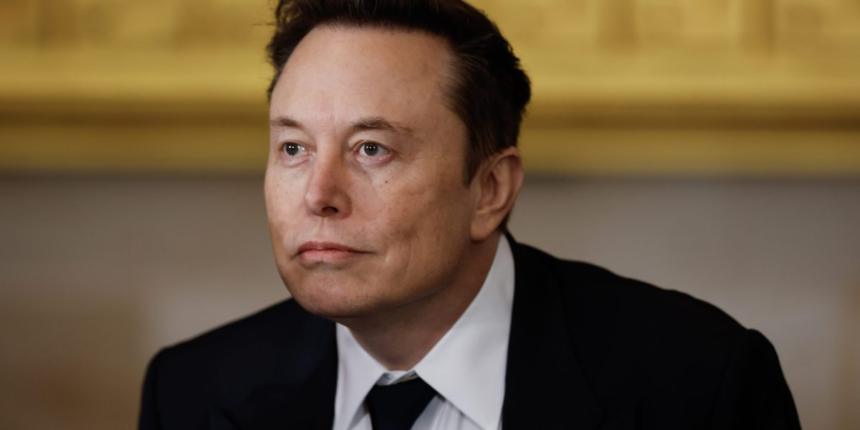But he was doubtful about the prospects of the America Party, given the long history of unsuccessful attempts to sustain third parties.
“So it doesn’t strike me as necessarily the best strategy for that, but I think it’s important to try to focus on the debt,” Hoffman added.
“No longer. I, like many other longtime doves, am joining the hawks, because our nation’s budget math just got a lot more dangerous,” Bernstein wrote.
Larry Summers, who served as Treasury Secretary in the Clinton administration and National Economic Council director in the Obama administration, sounded the alarm on U.S. debt after the megabill was signed.
He acknowledged that for a decade after 2010, which included the Obama administration, he had preached that deficit reduction didn’t have to be a top priority. But he, too, thinks this time is different.
“Anybody who looks at the numbers sees that we’ve never had deficits remotely like this or the prospect of debts remotely like this—at a moment when the economy was strong and we were at peace—anytime in our history,” Summers warned.
But just because Musk, who had emerged as a top bogeyman for the left, and some Democrats share debt concerns, it doesn’t mean they have similar ideas on what to do about the problem.
Before leaving the Trump administration, Musk’s Department of Government Efficiency sought to slash federal spending by trillions of dollars to reduce the deficit.
“I believe in techno-capitalism,” he wrote. “We should encourage people to make tons of money and then also find ways to widely distribute wealth and share the compounding magic of capitalism. One doesn’t work without the other; you cannot raise the floor and not also raise the ceiling for very long.”









